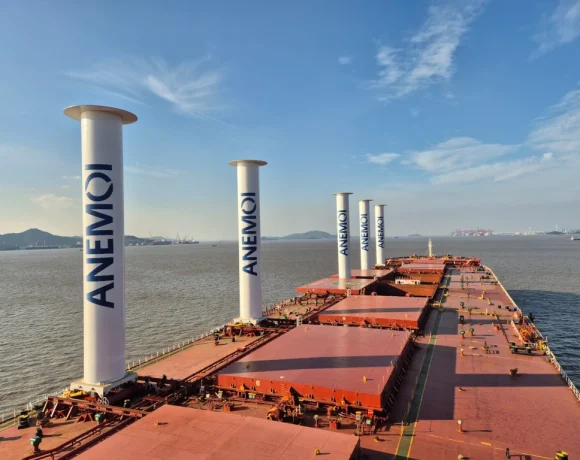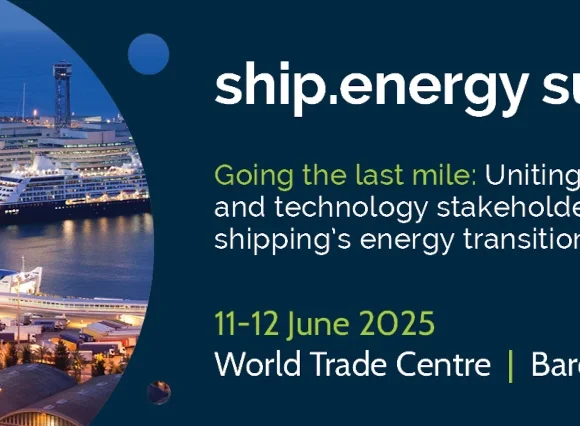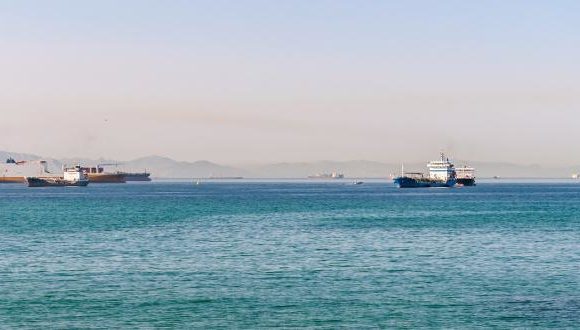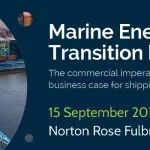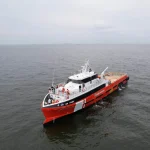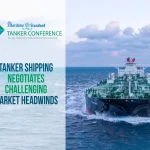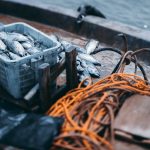New Ship Ecology Regulations: What You Need to Know
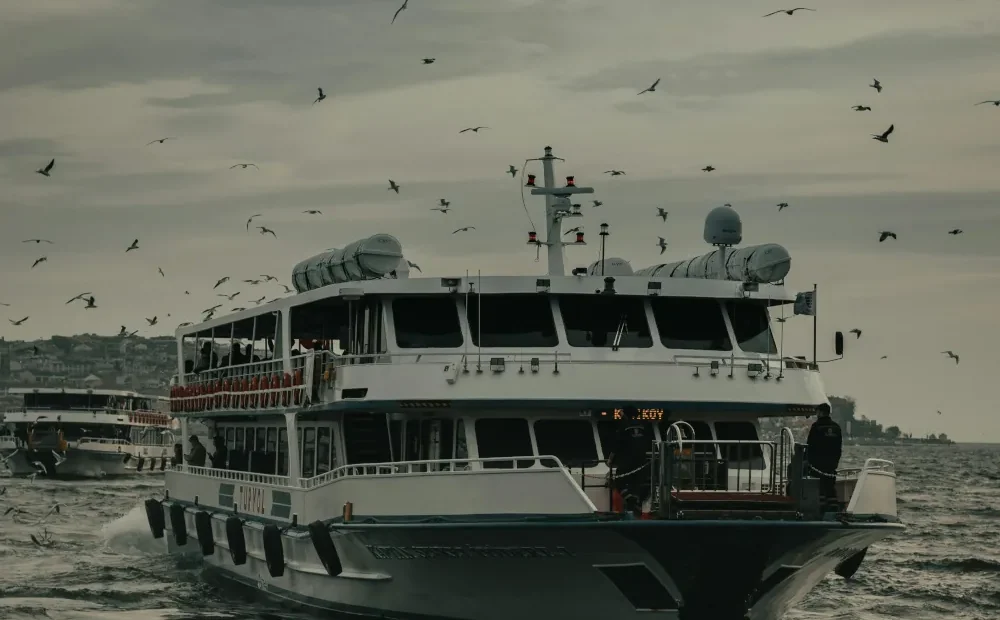
Did you know that the maritime industry is responsible for nearly 3% of global greenhouse gas emissions? This fact has led to new eco-friendly measures for vessels. These changes aim to lessen the environmental impact of shipping. It’s vital for maritime stakeholders to keep up and adapt quickly.
The cruise industry is at the forefront of this green shift, investing in new technologies and sustainable practices. They’re using advanced wastewater treatment and onshore power supply solutions. These new rules are changing how ships operate in our oceans.
As we adjust to these changes, it’s clear that the future of shipping is about balancing economic goals with caring for the environment. Let’s look at the main points of these new eco regulations. We’ll see how they’re changing maritime transport.
Key Takeaways
- Maritime industry contributes 3% to global greenhouse gas emissions
- New eco-friendly measures aim to reduce shipping’s environmental impact
- Cruise industry leads in adopting innovative green technologies
- Maritime emission regulations are reshaping ship operations
- Balancing economic and environmental interests is crucial for the industry’s future
Introduction to Maritime Environmental Challenges
The shipping industry is under more scrutiny for its impact on the environment. As trade grows, so does the environmental impact of maritime transport. This has led to a rise in green shipping initiatives to make maritime transport more sustainable.
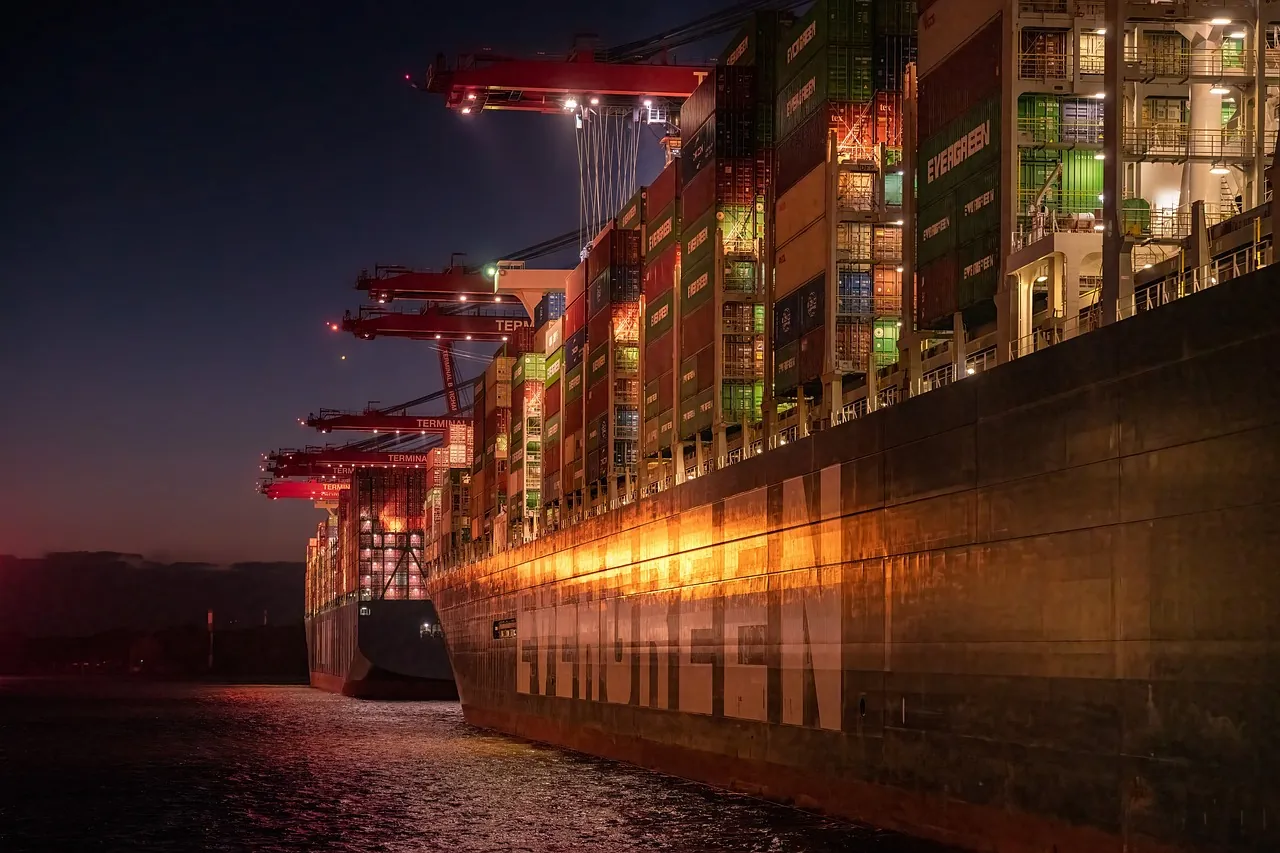
Shipping’s Ecological Footprint
Maritime transport is a big part of global emissions. Ships release pollutants like sulphur oxides, nitrogen oxides, and particulate matter. These pollutants harm air quality and marine life. The industry’s carbon footprint is also big, making up about 3% of global greenhouse gas emissions.
- Air pollution from ship exhaust
- Water pollution from ballast discharge
- Noise pollution affecting marine life
- Greenhouse gas emissions contributing to climate change
Need for Stricter Eco-regulations
The maritime industry knows it needs to change. Stricter eco-regulations are key to driving innovation and cleaner technologies. Ship pollution control measures are being put in place worldwide. These include limits on sulphur in fuel, energy-efficient ship designs, and advanced wastewater treatment systems.
“The future of shipping lies in sustainable practices. We must act now to protect our oceans and climate.”
As the industry changes, finding a balance between economic growth and protecting the environment is crucial. The push for sustainable maritime transport is changing the sector. It’s leading to investments in cleaner fuels, more efficient engines, and new pollution control technologies.
Latest Regulations on Ships Ecological Impact
The maritime industry is under pressure to cut down on its environmental impact. New rules aim to reduce pollution and support sustainability at sea. They focus on lowering greenhouse gases and other harmful emissions from ships.
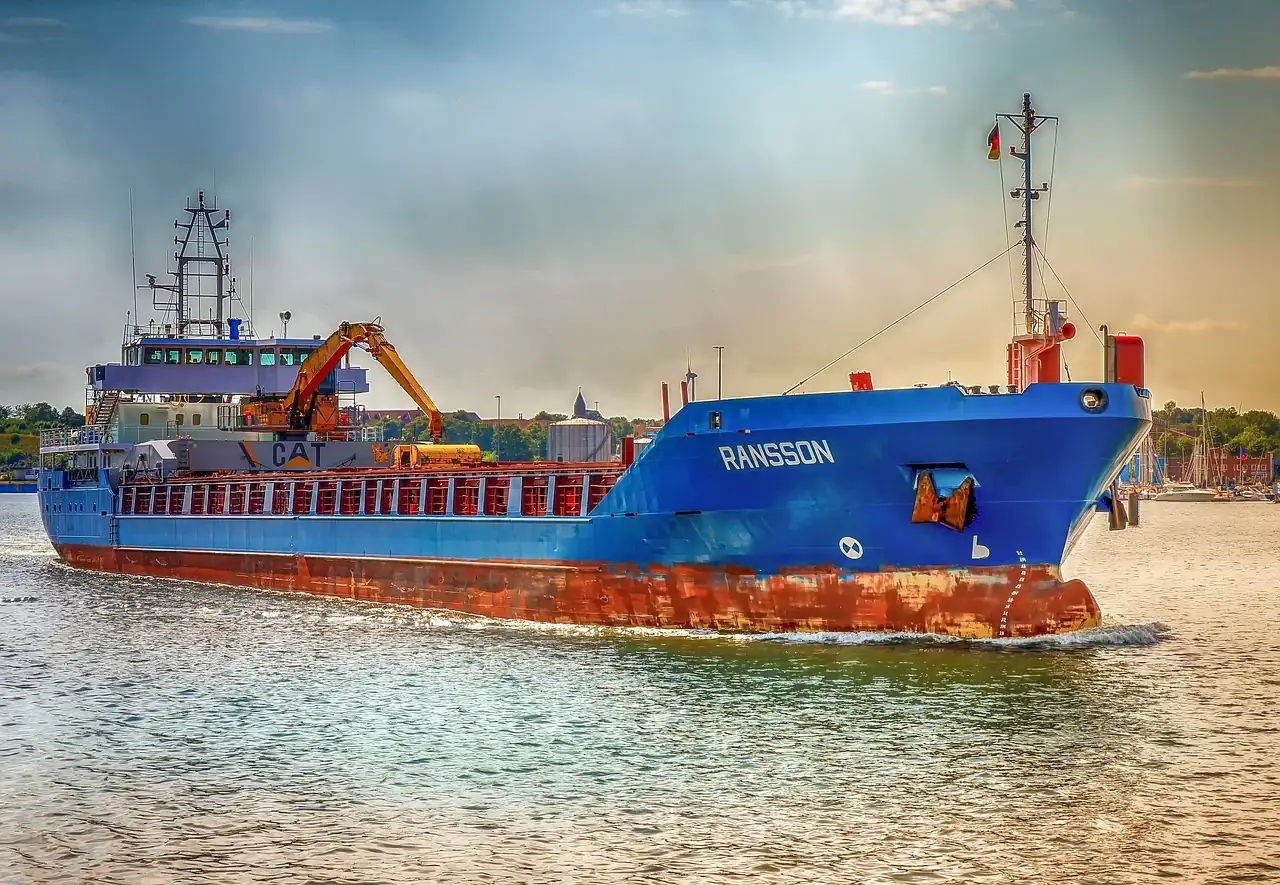
Shipowners must now meet higher standards for fuel quality and engine efficiency. The International Maritime Organization (IMO) has set goals to cut carbon emissions from international shipping. By 2050, the aim is to reduce total annual greenhouse gas emissions by at least 50% compared to 2008 levels.
To reach these goals, the industry is adopting eco-friendly technologies. Low-emission ship designs are becoming more popular, with advanced propulsion systems and cleaner fuel options. Many cruise lines are at the forefront, investing in liquefied natural gas (LNG) powered ships and other green technologies.
| Regulation | Implementation Date | Key Requirement |
|---|---|---|
| IMO 2020 | 1 January 2020 | 0.5% global sulphur cap on marine fuels |
| EEDI Phase 3 | 1 April 2022 | 30% reduction in carbon intensity for new ships |
| CII | 1 January 2023 | Annual operational carbon intensity rating for ships |
These rules are pushing for innovation in the maritime sector. Shipbuilders are creating more efficient hull designs, and engine makers are developing cleaner propulsion systems. The industry is also looking into alternative fuels like biofuels and hydrogen to cut emissions further.
The Role of International Maritime Organization (IMO) in Eco Regulations
The International Maritime Organization (IMO) is key in making the shipping industry more eco-friendly. It’s a United Nations agency that sets global standards for safety, security, and the environment at sea.

Key IMO Initiatives for Reducing Ship Emissions
The IMO has started several projects to cut down on ship emissions. A big one is the International Convention for the Prevention of Pollution from Ships (MARPOL). This agreement deals with pollution from ships, like air emissions, oil spills, and waste.
The organisation has set big goals for reducing greenhouse gases:
- 50% cut in emissions by 2050 compared to 2008 levels
- 40% reduction in carbon intensity by 2030
- 70% reduction in carbon intensity by 2050
Implementation Timeline for New Eco-regulations
The IMO has a step-by-step plan for new eco-rules:
| Year | Regulation |
|---|---|
| 2020 | Global sulphur cap of 0.5% for marine fuels |
| 2023 | Energy Efficiency Existing Ship Index (EEXI) certification |
| 2025 | 40% reduction in carbon intensity (from 2008 levels) |
| 2030 | Further reduction in greenhouse gas emissions |
These rules aim to help marine conservation and make shipping more sustainable. The IMO works with countries and the shipping industry to make sure these eco-friendly rules are followed.
Sustainable Marine Fuels and Propulsion Technologies
The maritime industry is moving fast towards greener shipping. Shipowners are looking at different sustainable fuel options. This helps them cut down on environmental harm and follow new rules.
Biofuels are becoming a big deal as a cleaner choice. Many cruise lines are now using renewable biofuels. This shows how effective and green this option is. Biofuels cut down carbon emissions a lot compared to old marine diesel.
Liquefied Natural Gas (LNG) is the top choice for reducing emissions. It cuts down on sulphur, nitrogen oxides, and dust emissions. New ships are being made with engines that can use LNG. This shows the industry is moving towards cleaner energy.
New ship designs are using hybrid propulsion systems. These mix traditional engines with fuel cells and batteries. This makes them more energy-efficient and lowers emissions. Such technologies are a big step forward for making shipping more sustainable.
| Fuel Type | Emission Reduction | Availability | Cost |
|---|---|---|---|
| Biofuels | Up to 80% CO2 | Limited | High |
| LNG | 25% CO2, 90% NOx | Widespread | Medium |
| Hydrogen | 100% CO2 | Very Limited | Very High |
As the industry keeps investing in research, we’ll see more new and efficient ship technologies. This will help make shipping more sustainable in the future.
Onshore Power Supply (OPS): A Game-Changer for Port Emissions
Onshore Power Supply (OPS) is changing how we handle ship pollution in ports. This tech lets ships use electricity from the shore instead of their engines when docked. This means less pollution and cleaner air.
Benefits of OPS for Reducing Emissions in Ports
OPS brings big benefits for cleaner seas. Ships can turn off their engines at the dock, reducing pollution and noise. It can cut emissions by up to 98%, depending on the energy source.
- Improved air quality in port areas
- Reduced noise pollution
- Decreased greenhouse gas emissions
- Enhanced port sustainability
Current Adoption Rates and Future Projections
The shipping world is slowly starting to use OPS. Now, 120 cruise ships can plug into shore power. Experts think more ships will follow, making a big difference in reducing pollution.
| Year | Percentage of CLIA-cruise line member ships with OPS capability |
|---|---|
| 2023 | 35% |
| 2028 (Projected) | 72% |
But, not all ports are ready for OPS yet. Only 35 ports have the right setup for it. We need more work to make this green solution a reality for all ports.
Advanced Wastewater Treatment Systems on Ships
The maritime industry is taking big steps to reduce ship pollution. Advanced Wastewater Treatment Systems (AWTS) are now key in making ships eco-friendly. They change how ships handle waste at sea.
Cruise lines are at the forefront, promising to stop releasing untreated sewage worldwide. This big change shows a move towards more sustainable practices in the industry.
AWTS are becoming more popular. They often work better than land-based systems, setting new standards for managing wastewater at sea.
| Metric | 2019 | Current |
|---|---|---|
| CLIA fleet with AWTS | 30% | 80% |
| Ships meeting Baltic Sea standards | 100 | 267 |
| New ships with AWTS | 75% | 100% |
The table shows how fast AWTS are being used in the cruise industry. Now, all new ships must have these advanced systems. This shows the industry’s strong support for eco-friendly technologies.
Since 2019, the number of ships with AWTS meeting Baltic Sea standards has jumped by 167%. This shows the industry’s effort to control pollution in different marine areas.
Innovative Technologies for Improving Ship Efficiency
The maritime industry is now using the latest technologies to make ships more efficient and cut down on pollution. These new tools are key to making ships that produce less emissions and help reduce the carbon footprint in shipping.
Air Lubrication Systems
Air lubrication systems are changing how ships are designed. They work by creating air bubbles under the ship, which lowers drag and cuts fuel use. With this tech, ships can save up to 10% on fuel, greatly helping to reduce carbon emissions in shipping.
Energy-Efficient Engines and LED Lighting
Modern ships now use engines that use less fuel and emit fewer pollutants. These engines work better with advanced propulsion systems. LED lights are also a big improvement, lasting much longer and needing much less power than old lights.
Other ways to make ships more efficient include:
- Special hull coatings that can reduce fuel use by up to 5%
- Tinted windows to reduce heat absorption
- High-efficiency HVAC systems to use less energy
These new technologies are pushing the maritime industry towards a greener future. They show that making ships with lower emissions is not just possible but necessary for cutting carbon emissions in shipping.
The Cruise Industry’s Commitment to Sustainability
The cruise industry is leading the way with its green shipping plans. The Cruise Lines International Association (CLIA) aims for net-zero emissions by 2050. This shows the industry’s strong commitment to sustainable maritime transport.
Top cruise lines are putting a lot into eco-friendly ships. Hapag-Lloyd, for example, has brought out LNG-powered ships with advanced engines and designs. These ships cut down the environmental harm of cruises a lot.
Managing waste is also key. Some cruise ships can now recycle all their waste, setting high standards for sustainability. CLIA members promise to make their whole fleets climate-neutral by 2045.
Our goal is to transform the cruise industry into a beacon of sustainable tourism, proving that luxury and environmental responsibility can go hand in hand.
The cruise industry is working on many areas for sustainability. From better wastewater treatment to shore power, these efforts are changing the industry. As cruise lines keep innovating, passengers can expect more eco-friendly trips ahead.
Challenges and Opportunities in Implementing New Eco Regulations
The maritime industry is facing big challenges to meet new eco-friendly standards. These challenges are both financial and technological for shipping companies. But, they also offer chances for innovation and long-term gains.
Financial Implications for Shipping Companies
Following maritime emission regulations costs money. Shipping companies need to spend on updating ships and buying new eco-friendly tech. These costs can be high, affecting profits in the short term.
| Investment Area | Estimated Cost (USD) | Potential Long-term Savings |
|---|---|---|
| Scrubber Systems | 2-5 million per vessel | 20-30% reduction in fuel costs |
| LNG Conversion | 15-25 million per vessel | 40-50% reduction in emissions |
| Energy Efficiency Measures | 1-3 million per vessel | 10-15% improvement in fuel efficiency |
Technological Hurdles and Potential Solutions
The need to reduce the environmental impact of shipping calls for new technologies. Developing alternative fuels and propulsion systems is tough. But, these challenges are not too big. Working together is key to finding new solutions.
Investing in research for zero-emission tech, like hydrogen fuel cells and electric propulsion, is a good idea. These innovations could change the industry. They would cut down on carbon emissions and make operations more efficient.
“The path to sustainable shipping is challenging, but it’s a journey we must undertake for the future of our planet and industry.”
By facing these challenges, the shipping industry can lead the way to a greener future. It can balance environmental care with economic success.
Conclusion
The maritime industry is moving towards a greener future with new rules on ships’ impact on the environment. Ships are now using cleaner fuels and smart technology for a big eco-makeover. This shift towards sustainable maritime transport is changing how we view shipping.
Big companies like cruise lines are at the forefront, showing it’s possible to be profitable and protect our oceans. Even with challenges like high costs and tech issues, the industry is committed to change. It’s all about working together to achieve these eco-goals.
Looking forward, the changes in maritime transport are just starting. With every new rule and innovation, we’re moving towards cleaner seas and skies. The path to fully sustainable shipping may be long, but we’re on the right track, and we’re making progress.
FAQ
What are the main environmental challenges faced by the maritime industry?
What role does the International Maritime Organization (IMO) play in eco-regulations?
What sustainable fuel options are being explored in the maritime industry?
What is Onshore Power Supply (OPS) and how does it benefit port emissions?
How are cruise lines addressing wastewater treatment on ships?
What innovative technologies are being used to improve ship efficiency?
How is the cruise industry committing to sustainability?
What challenges do shipping companies face in implementing new eco-regulations?
Source Links
- https://cruising.org/en/environmental-sustainability – We Are #SailingSustainably
- https://www.offshore-energy.biz/new-eco-friendly-ships-help-hapag-lloyd-overcome-capacity-bottleneck/ – New eco-friendly ships help Hapag-Lloyd overcome capacity bottleneck
- https://www.aeco.no/guidelines/operational-guidelines/ – Operational Guidelines – AECO

